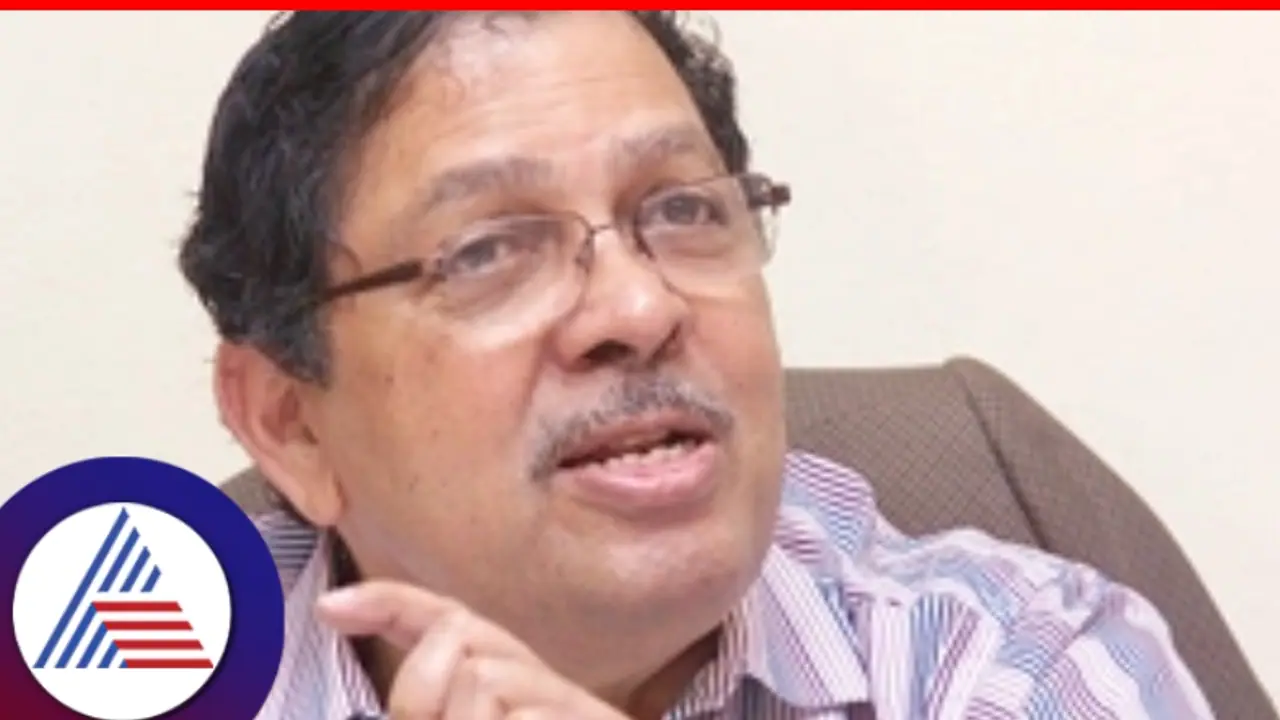In an exclusive interview with Asianet News Network, former Lokayukta N. Santosh Hegde discusses the current Lokayukta's challenges amid Chief Minister Siddaramaiah's MUDA land allotment case. He emphasizes the need for impartial investigations, the integrity of the Lokayukta, and the complexities of political accountability and judicial corruption.
Once upon a time, the Lokayukta organization was considered a formidable force against corruption in the state. Former Lokayukta N. Santosh Hegde played a significant role in revitalizing this institution, ensuring it received a new lease on life during his tenure. However, when Siddaramaiah first assumed office as Chief Minister, he established the Anti-Corruption Bureau (ACB) to curtail the powers of the Lokayukta. In the following years, the courts ruled to limit the ACB's influence, closing its doors to corruption investigations.

Now, Siddaramaiah is serving as Chief Minister for the second time, and the MUDA land allotment case against him has sparked a renewed Lokayukta investigation. In an exclusive interview with the Asianet News Network, Santosh Hegde shares his insights on the implications of this case and the future of the Lokayukta organization.
Q: You have already shown that Lokayukta is a whipping agency for the government?
A: Justice MN Venkatachaliahwas the first to reveal the true essence of the Lokayukta organization. He emphasized that unresolved issues can be addressed through the Lokayukta after the government. I have continued this mission by conducting impartial investigations to deliver justice to those wronged.
Q: Do you feel any difference between the Lokayukta organization you were part of and the one now?
A: It is inappropriate to make such comparisons. Complaining about others’ actions does not help. Each individual may behave differently, but everyone must work with the common good in mind.
Q: Isn't the Lokayukta organization, established to fight corruption, now tarnished?
A: The Lokayukta was created to combat corruption in the country. While many suggestions have been made to mitigate the adverse effects of corruption, successive governments have largely ignored them. The Janata Party proposed establishing the Lokayukta in its 1983 manifesto, yet the process took time. Eventually, due to growing pressure, the organization was formed. The Lokayukta has maintained its dignity, despite past controversies, such as when a former Lokayukta was seen with his son in public, which the people of the state remember.
Q: Has the tussle between the Raj Bhavan and the state government begun?
A: The Constitution does not favour any side. The Governor possesses specific powers that can be exercised at their discretion. If the Governor were powerless, such authority would not be granted in the Constitution.
Q: The Lokayukta is an autonomous body. Yet, despite complaints against the Chief Minister regarding the MUDA scam, no initial action was taken.
A: Although the Lokayukta operates autonomously, its police officers are under government jurisdiction. Transfers, promotions, and other decisions naturally occur, which may delay immediate actions against high-ranking officials. Nonetheless, the Lokayukta has always been committed to fighting corruption.
Q: Isn’t a case registered in the Lokayukta against Chief Minister Siddaramaiah based on a court order?
A: I have observed both past and present societal values and found them declining recently. Two courts have ruled on the matter, determining there is prima facie evidence warranting a trial. However, it seems unreasonable to manage this under officers reporting to the Chief Minister, given the potential doubts involved.
Q: Should Chief Minister Siddaramaiah resign in this case?
A: I’m not in a position to demand the Chief Minister’s resignation. Nowadays, it is rare for politicians to step down to allow for investigations into allegations. In the past, many resigned and faced trials when faced with accusations.
Q: However, Siddaramaiah has stated he will cooperate with the inquiry without resigning. How should this be interpreted?
A: Initially, there was no response until the court issued its verdict. I believe he should respect the inquiry process. His refusal to resign while claiming innocence indicates a level of accountability. Given his esteemed position, maintaining respect for values is important. While the law may not require a resignation, the importance of values cannot be overlooked.
Q: CM’s wife returned 14 sites granted by MUDA, what is your opinion on this?
A: This matter is currently in court, so I will refrain from commenting further. However, returning the plots is a commendable decision.
Q: Are there allegations of corruption within the judiciary?
A: While I cannot deny that corruption exists within the judiciary, it is not as pervasive as in other institutions. There have been instances where appeals have been made on the grounds of misconduct, which need to be addressed. The dual court system in America serves as an example; adopting such a model could expedite the resolution of cases in our country.
Q: Isn't the opposition demanding a CBI investigation instead of a Lokayukta probe?
A: On one hand, it is natural to question the impartiality of investigations conducted by Lokayukta officers. On the other, it raises concerns about the CBI’s effectiveness when a different party is in power. Demanding a CBI investigation may not be entirely justified, as the Lokayukta police will also conduct an independent investigation.
